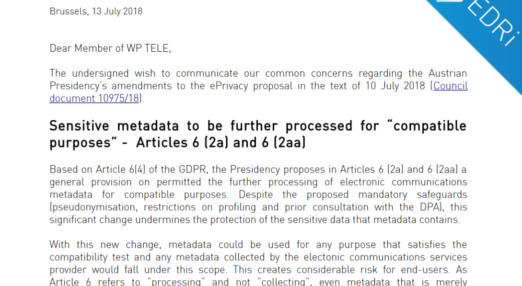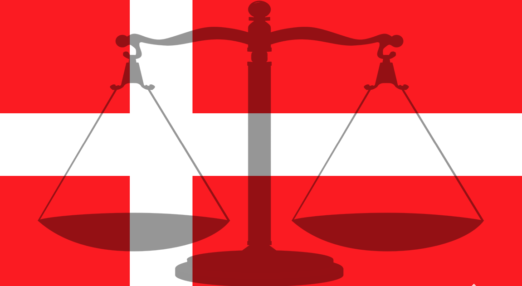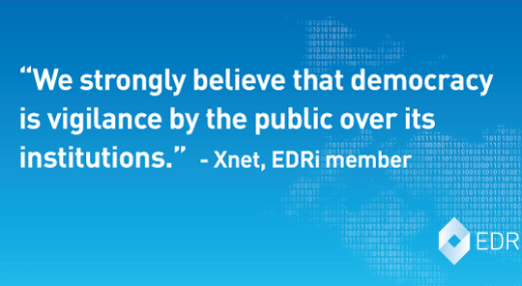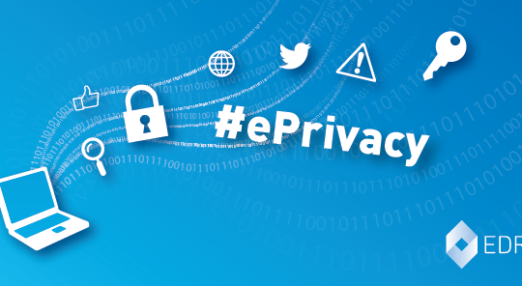Privacy and data protection
Filter resources
-

New Protocol on cybercrime: a recipe for human rights abuse?
From 11 to 13 July 2018, the Electronic Frontier Foundation (EFF) and European Digital Rights (EDRi) took part in the Octopus Conference 2018 at the Council of Europe together with Access Now to present the views of a global coalition of civil society groups on the negotiations of more than 60 countries on access to […]
Read more
-

Civil society calls for the protection of privacy in ePrivacy
On the 13th of July, EDRi, together with Privacy International, IT-Politisk Forening and Access Now sent a letter to the TELE Working Party of the EU Council regarding the dangers for privacy protections associated with the latest proposals brought forward by the Austrian Council Presidency. The letter comments the developments and argues that such changes […]
Read more
-

Danish High Court ruling on data retention use and file sharing cases
On 7 May 2018, the Eastern High Court in Denmark delivered a ruling that internet service providers (ISPs) are not required to disclose subscriber information in file sharing cases.
Read more
-

NCC publishes a report on tech companies’ use of “dark patterns”
Today, the Norwegian Consumer Council (NNC), a consumers group active on the field of digital rights, has published a report on how default settings and “dark patterns” are used by techs companies such as Facebook, Google and Microsoft to nudge users towards privacy intrusive options.
Read more
-

Wiretapping & data access by foreign courts? Why not!
After the European Commission published two new legislative proposals for law enforcement authorities to be able to reach across EU borders to have access to data directly from service providers, the EU Member States started working on this new “e-evidence” package. The proposal has so far become the object of wide-spread criticism from service providers, […]
Read more
-

Civil society calls for protection of communications confidentiality
On 31 May EDRi, Access Now, and Privacy International met attachés to the EU Council (representatives of EU Member States) who work on the ePrivacy Regulation proposal.
Read more
-

EU – Japan trade agreement undermines algorithmic transparency
The EU trade agreement with Japan undermines algorithmic transparency, Dutch EDRi member Vrijschrift wrote in a letter to the Dutch Parliament.
Read more
-

Litigation against the Danish government over data retention
Despite two rulings from the Court of Justice of the European Union (CJEU) in 2014 and 2016 against general and undifferentiated (blanket) data retention, a majority of EU Member States still have national data retention laws in place. Denmark is one these Member States.
Read more
-

ePrivacy for Children: What is Data Protection Culture?
The General Data Protection Regulation (GDPR) attracted widespread attention and comment in recent weeks when it came into force on 25 May 2018. Having taken several years to get from being proposed by the European Commission to entering into force, the GDPR has been designed as a concerted, holistic and unifying effort to regulate personal […]
Read more
-

EDRi’s leadership transition: Back to the future…
Challenges to digital rights will not decrease – on the contrary, the speed with which technology is integrating into every part of our lives is making it increasingly difficult to ensure that rights and freedoms are respected from the outset.
Read more
-

Xnet: Opposing guarded access to institutional information
Xnet brought up questions about the compliance of the Spanish Data Protection Agency's work with the new Data Protection Regulation.
Read more
-

Your ePrivacy is nobody else’s business
The right to privacy is a fundamental right for every individual, enshrined in international human rights treaties. This right is being particularly threatened by political and economic interests, which are having a deep impact on freedom of expression, democratic participation and personal security.
Read more
